Understanding Dyslexia
When children begin school, it is an exciting time for them, their parents, carers and families. Kindy has many happy memories. Making play
doh, cooking biscuits and scones became their first introduction to science. Introduction to letters, numbers, and a little knowledge about the
world we live in, creating interesting art work, and learning to follow a daily routine in an educational environment are all key life skills
learnt during your child's first year of schooling. Children feel comfortable in this type of learning environment and see themselves just
like everyone else.
The first day of school is a big day. Children are keen to meet their classmates and make new friends.
Students begin school life learning the alphabet and numbers. The focus in Junior Primary School is learning to read, write, spell and
count. They are taught basic maths using number sequences, addition, subtraction, multiplication and division.
Students enjoy school at this age.
There is a lot of repetitive learning. Some children may be learning a little slower than others in class and may be curious as
to why they are using the same level-coloured readers for longer, whilst their classmates are moving onto the next level-coloured readers. From
first year of school through to Year 2, there is a lot of guidance and support in lesson time when students are introduced to language,
literacy and numeracy.
Most children feel they are managing schoolwork and able to keep up with what is being taught in class during this time.
They appear to be reading. The readers have pictures, and the sentences are basic and repetitive.
By Year 3, they notice that they find learning a little difficult. They may not fully understand instructions in class. Teachers
feel that by encouraging a struggling student to practice their words, sounds, writing and spelling they will soon catch up. This may be the
case for some students who may only need a little more practice at home, but it is not the case for all students.
At Year 3 level, students realise they need to be reading as confidently and fluently as their friends.
However, they may not actually be reading. They may have been memorising the introductory readers with the minimal text and the pictures.
They see other students are understanding what they are taught in class. At this point, students with learning difficulties begin to really
notice that school is hard work for them all the time. They see others and wonder why school is easy for their friends and not for them. These
children write slowly, write words as they sound, they have difficulty forming letters correctly.
Whilst this is challenging, they forget what they were thinking of writing due to their cognitive overload. They become distracted, they try
hard, but feel they are not like everyone else and lose track of what is being taught during lesson time. They wonder why they can be good at
a lot of things outside of school, yet schoolwork is difficult.
There are emotions that parents try to deal with as best they can. Students at this stage are falling behind in class up to two years. Parents
see their child with interests and hobbies outside of school. Their child may be good at sport, build amazing Lego creations, enjoy art & craft, and
have an inquisitive mind as to how things work.
Parents feel there is something which may be overlooked when reviewing how their child learns, interacts, and participates during school, but they may
not know what it could be.
Their struggling student may have dyslexia, dysgraphia and a difficulty with maths which is referred to as dyscalculia.
This diagnosis has absolutely nothing to do with their child's intelligence.
Dyslexia affects the way that the brain processes written information therefore making it more difficult to recognise, spell and decode words and maths
sequences.
The effects of dyslexia vary from person to person.
These types of learning difficulties associated with language, literacy and numeracy is not something that younger students can eventually grow out of.
Dyslexia is a lifelong problem and can also present challenges on a daily basis.
A common symptom is difficulty in memorising sequences. Learning maths tables, instructions, directions left and right, and managing time can
affect a person with dyslexia both academically and socially.
Students with dyslexia can achieve great things in life by investing in educational assistance, learning strategies for decoding words and
calculating maths, planning for extra time and be assessed by alternative methods to written tests and exams.
Support is available from specialist tutors who are trained and qualified to teach students in a specific multi-sensory way. As a specialist tutor, our focus
is working together to improve reading, writing, spelling and maths to help students manage their dyslexia at school and work.
Language, literacy and numeracy are essential skills for school, life, further education and career. It's not that I can't learn. I just need to learn in a very specific way.
V. Thornton
BBus(AdminMgmt)
Orton-Gillingham Institute Australia - Literacy & Numeracy
December 2022




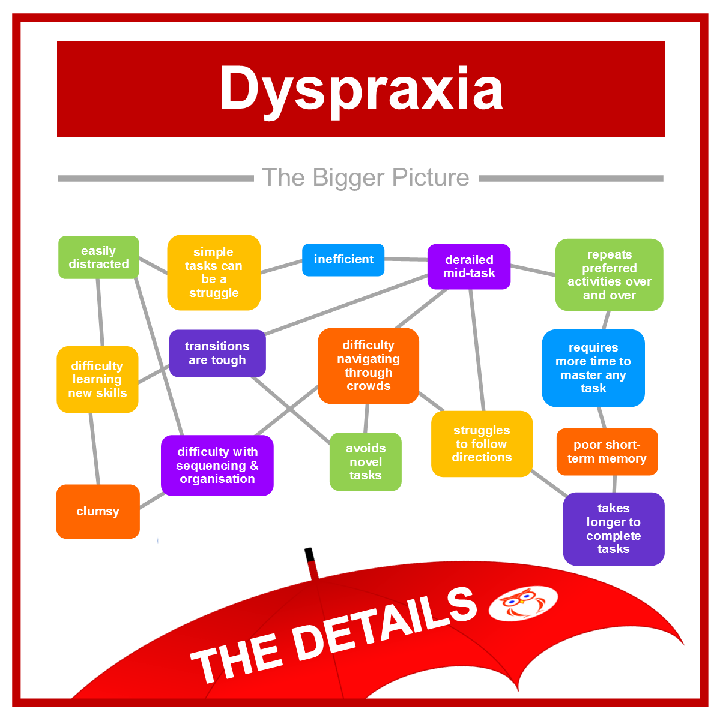



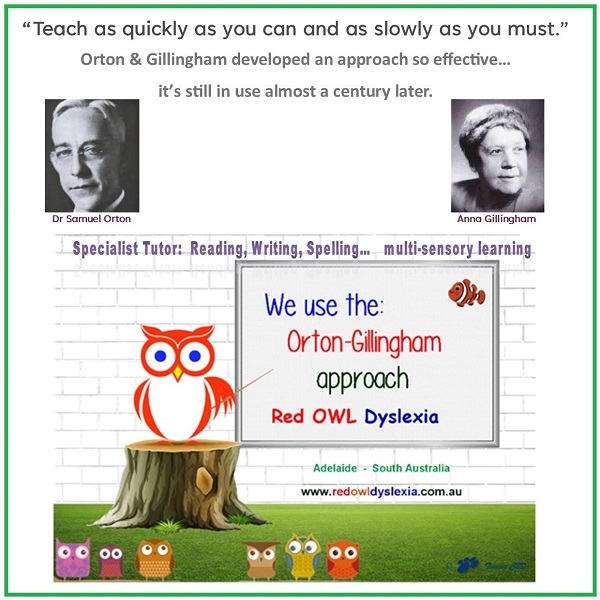



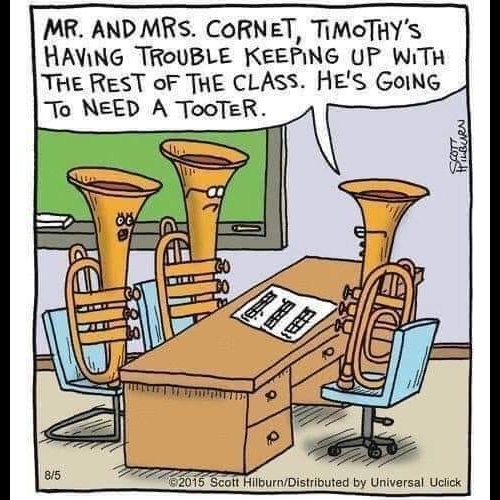


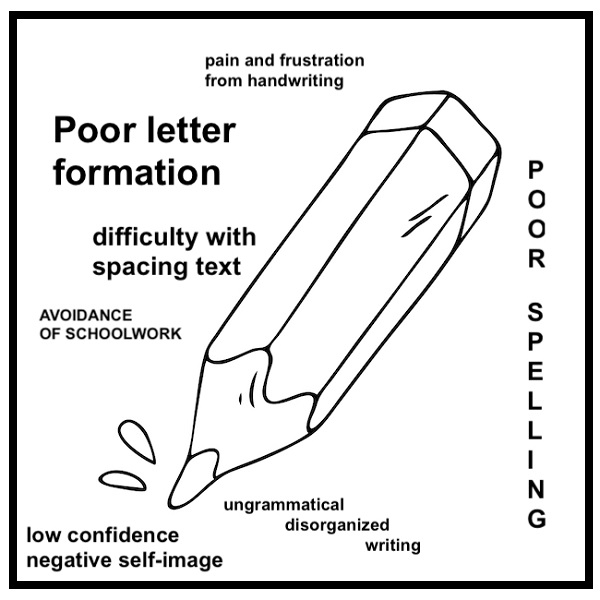
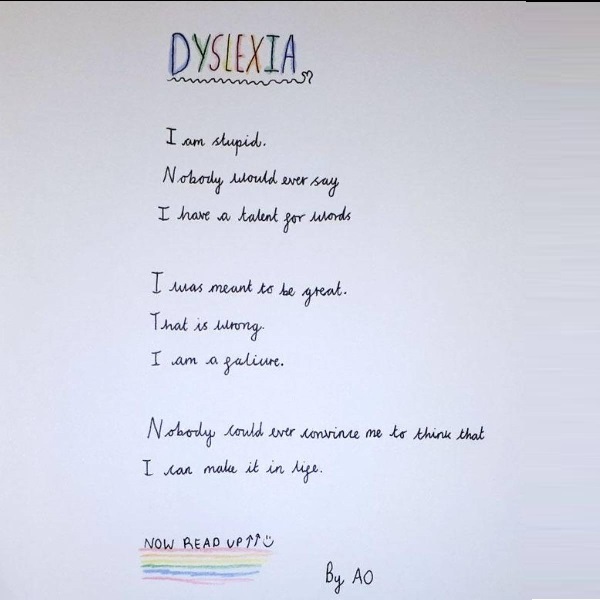
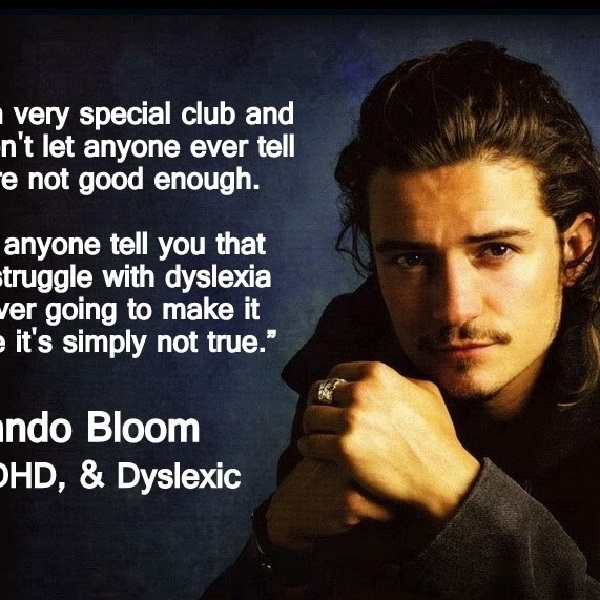
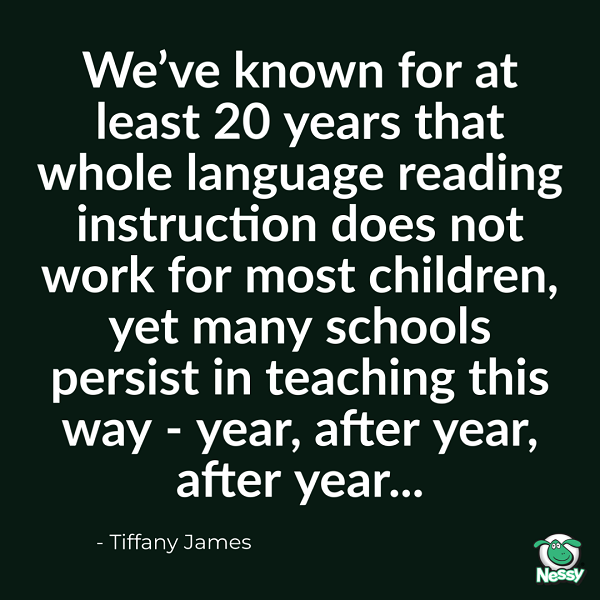
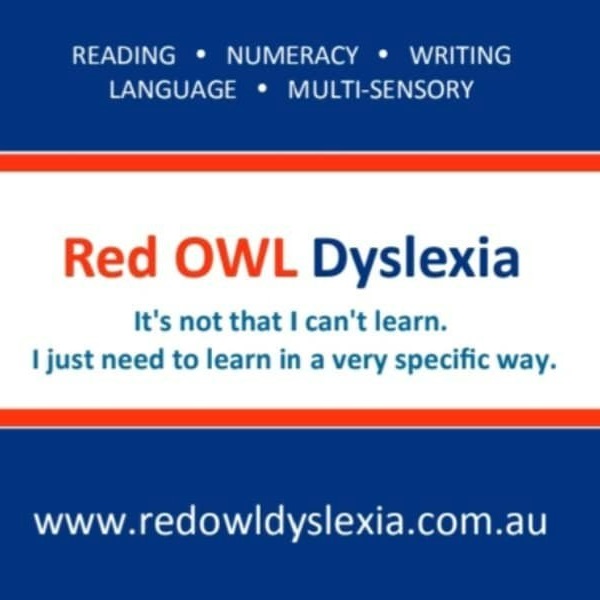



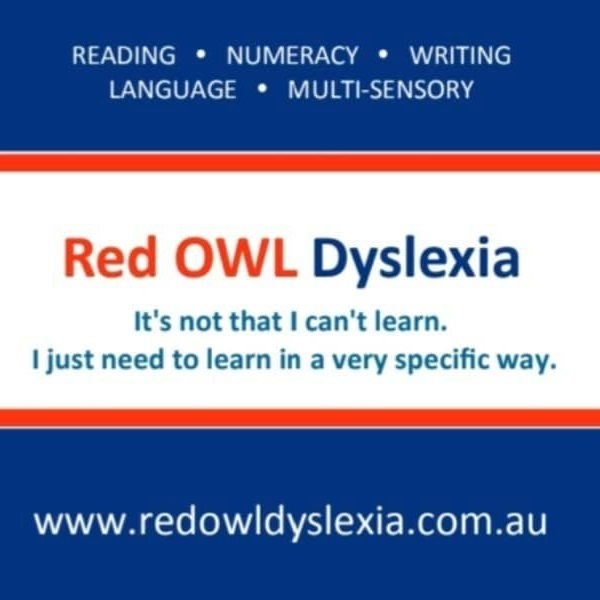




3 Comments
Linda Wilson
8 January 2023ReplyExcellent article! Your thorough research and clear presentation of facts make this a must-read for anyone. New
Stephen
23 January 2023ReplyNice detail. Thanks for sharing such informative content!
Michael N.
12 February 2023ReplyThanks for sharing such a really helpful guide. I'm looking for information about dyslexia and landed here. This is literally worth sharing...
Vikki T.
2 March 2023ReplyThanks everyone for your comments and feedback. It's greatly appreciated.